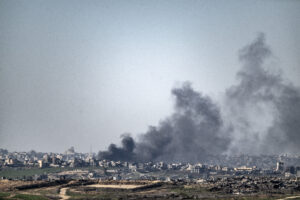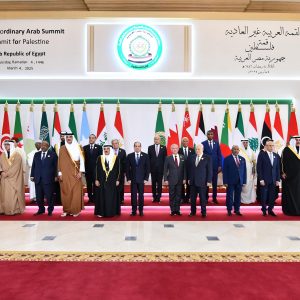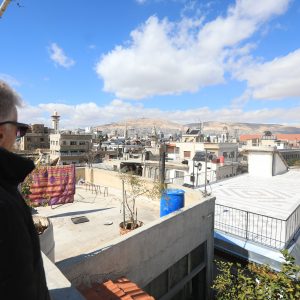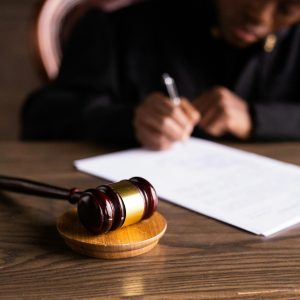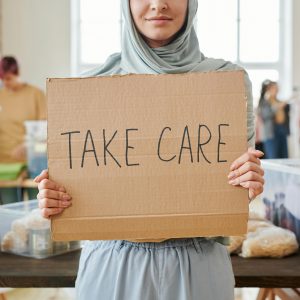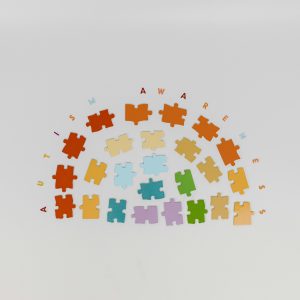Ugandan opposition supporters detained, tortured
Dissenters and anti government opponents in Uganda are often picked up by state authorities and detained. Many are also subjected to torture while in detention.
One of these people is John Mukasa, 29, who is being treated for injuries through torture while in detention in the central Uganda district of Wakiso.
“I was released a few days ago. I have been held for over five months at a place I did not know and I cannot remember,” he said. “Every day they have been torturing me while asking why I wanted to overthrow the government.”
He said after his torture and realizing that his health was deteriorating, he was taken out of the facility and driven to a bushy place along the road where he was abandoned.
He said people who saw him crawling helped him and took him to the hospital. He was admitted for three days before getting treatment as an outpatient.
Kapo Kamya is another detainee who was dumped 45 kilometers from his home, unable to stand because of injuries to his legs.
He was rescued by sympathizers and had swollen legs and hands. Kamya said he was arrested on December 22 at his home in Katoogo.
He informed that he was beaten with a wire on his ankles, elbows, knees, back and testicles.
Kamya and Mukasa are ardent supporters of musician-turned-politician, Bobi Wine, the leader of the leading opposition party in Uganda — the National Unity Platform, or NUP.
Since the last presidential elections early last year, cases of abductions, illegal detentions and harassment by security personnel have become common with the media reporting on them.
Religious leaders, members of the opposition, donor countries and human rights activists have condemned torture.
The lead pastor of a Christian ministry in Uganda, Moses Solomon Male said that it is ”unfortunate that the government is torturing innocent people. Today, I see no difference between this regime and that of dictator Iddi Amin Dada of the 1970s in which many people were killed.”
“I believe it is time we stood up and resisted all government excesses,” he said.
The Anglican Archbishop in Uganda Stephen Kaziimba Mugalu said at a national function on February 16 that he is disappointed to “read reports in the newspapers and on social media that there are some security personnel who are torturing civilians.”
Eastern Uganda Muslims spokesman Shiek Ibrahim Kasata said: ”The government should immediately stop soldiers and policemen from torturing civilians.”
More than 50 torture survivors, mostly supporters of the NUP, stormed the Office of UN High Commissioner for Human Rights (OHCHR) in Kampala on February 14 and accused the government of harassment and torture and Uganda’s Human Rights Commission of being silent on torture by security operatives.
After handing over a petition concerning torture by authorities and a lack of response by the Human Rights Commission, an activist Yusuf Serunkuma addressed reporters outside OHCHR offices and said: “We want to inform the public and donors that security organs and Uganda human rights commission have sided with a blood-thirsty dictatorship and do not want us to expose the atrocities made on us.”
President Yoweri Museveni has on several occasions condemned torture by security personnel.
“We went to the bush to fight for freedom. I cannot accept citizens to be harassed by police and army,” he said.
But NUP spokesperson Joel Ssenyonyi said Museveni does not walk the talk. “We have not seen him punishing anybody over torturing our innocent people,” he said.
The minister of state for foreign affairs said: ”The difference between torture of citizens by dictator Iddi Amin and this regime is that in Amin’s it was state-inspired. But today it is done by a few undisciplined officers who can be held accountable.”

